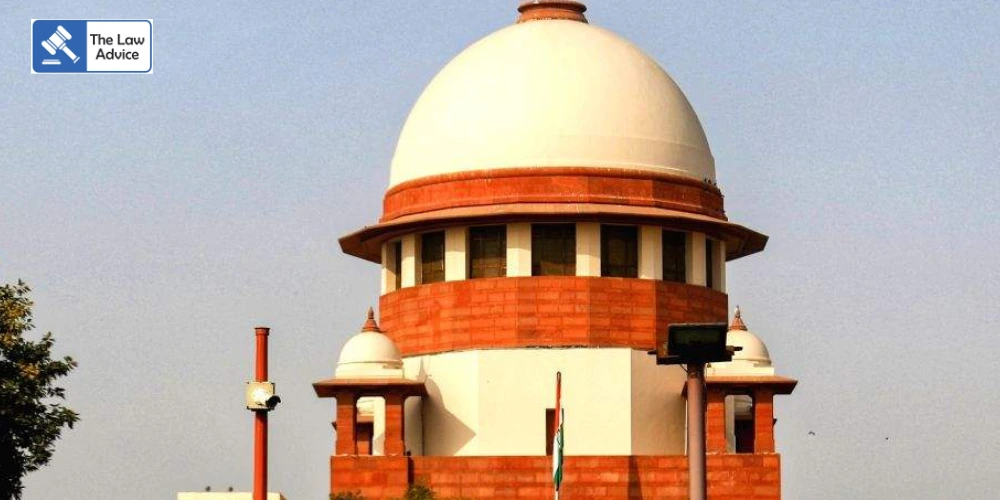
The Supreme Court of India invalidated an e-auction conducted by Corporation Bank for the sale of a prime property in Delhi, citing the Bank’s failure to disclose material liabilities attached to the land.
A division bench comprising Justices Sanjay Kumar and Alok Aradhe underscored that absolute transparency and strict adherence to statutory safeguards are indispensable in public auctions. The Court emphasized that such procedural diligence ensures both the fairness of the debt recovery mechanism and the preservation of public trust in judicially supervised property sales.
The dispute originated when the Delhi Development Authority (DDA) allotted land to a private club for the construction of community amenities. The club, however, mortgaged the land to secure a loan from Corporation Bank without obtaining the mandatory approval from the Lieutenant Governor.
Subsequently, Corporation Bank initiated recovery proceedings and issued an e-auction notice for the mortgaged land. The sale notice, however, omitted crucial details, including the significant liability of paying the “unearned increase” in land value owed to the DDA. This liability, directly tied to the lease terms between DDA and the club, was not disclosed to potential bidders.
Unaware of these encumbrances, the highest bidder purchased the property in 2012 for ₹13.15 crore, substantially above the reserve price of ₹8.85 crore, only to later discover the hidden obligations.
The DDA challenged the validity of the auction before the Delhi High Court, contending that the Bank’s failure to disclose encumbrances contravened Rule 53 of the Second Schedule of the Income Tax Act, 1961. Rule 53 mandates that all material particulars of the property, including existing liabilities, must be explicitly stated in a proclamation of sale.
Although the High Court dismissed the petition, DDA appealed to the Supreme Court. The apex court took note that the auction proceedings under the Recovery of Debts Due to Banks and Financial Institutions Act, 1993, are subject to the provisions of the Second and Third Schedules of the Income Tax Act, as applied through Section 29.
Justice Alok Aradhe, writing for the bench, held that the Corporation Bank’s conduct was misleading and fundamentally unfair. The Court observed that the e-auction notice of September 27, 2012, not only concealed DDA’s claim for unearned increase but also failed to disclose the underlying lease terms between the club and the authority, despite the Bank’s earlier assurances before the High Court.
The judgment unequivocally stated:
“The e-auction notice was issued in violation of Rule 53 of the Second Schedule to the Income Tax Act, 1961, as well as Rule 16 of the 1962 Rules. No sanctity can therefore be attached to the auction sale or the subsequent sale certificate issued in favour of the auction purchaser.”
By setting aside the High Court’s dismissal, the Supreme Court allowed DDA’s appeal and declared the entire auction process void. It directed Corporation Bank to refund the entire purchase price to the successful bidder, thereby restoring him to his original position.
The Court invoked the doctrine of unjust enrichment and stressed the principle of restitution, noting:
“Restitution flows from the heart of justice—no one should unjustly enrich themselves at the expense of another. Those who suffer without fault must, as far as possible, be restored to the position they once held.”
Fixing responsibility squarely on the Bank, the Court added:
“The Bank, having advanced money on the strength of an illegal mortgage and having auctioned what it never lawfully possessed, must bear the consequences of its actions.”
Accordingly, the appeal titled Delhi Development Authority v. Corporation Bank & Ors. was allowed, the auction was quashed, and the auction purchaser was entitled to a full refund. The judgment reinforces the legal requirement for transparency in auction sales and reiterates that lenders cannot sidestep statutory obligations while conducting debt recovery proceedings.
Website designed, developed and maintained by webexy